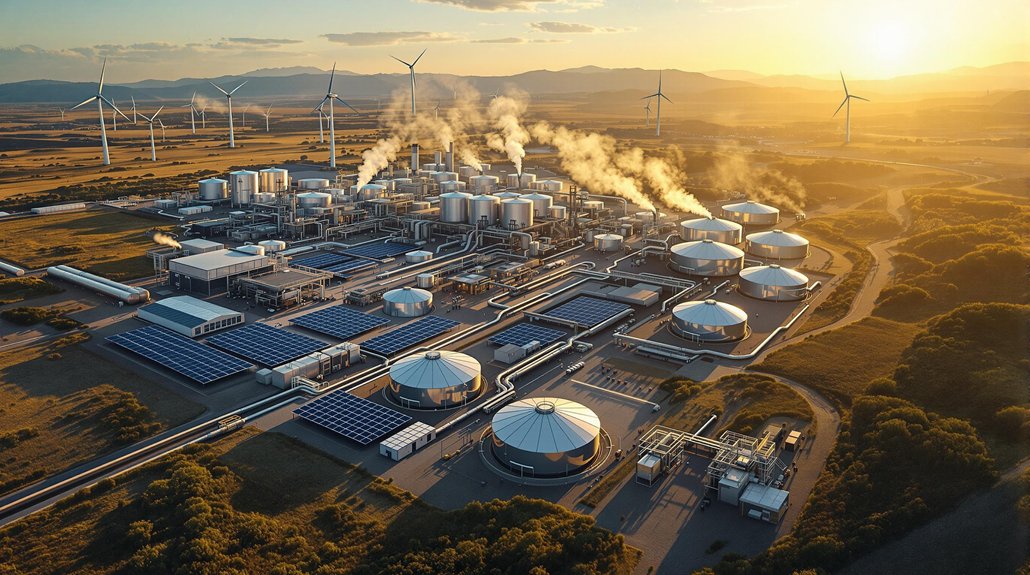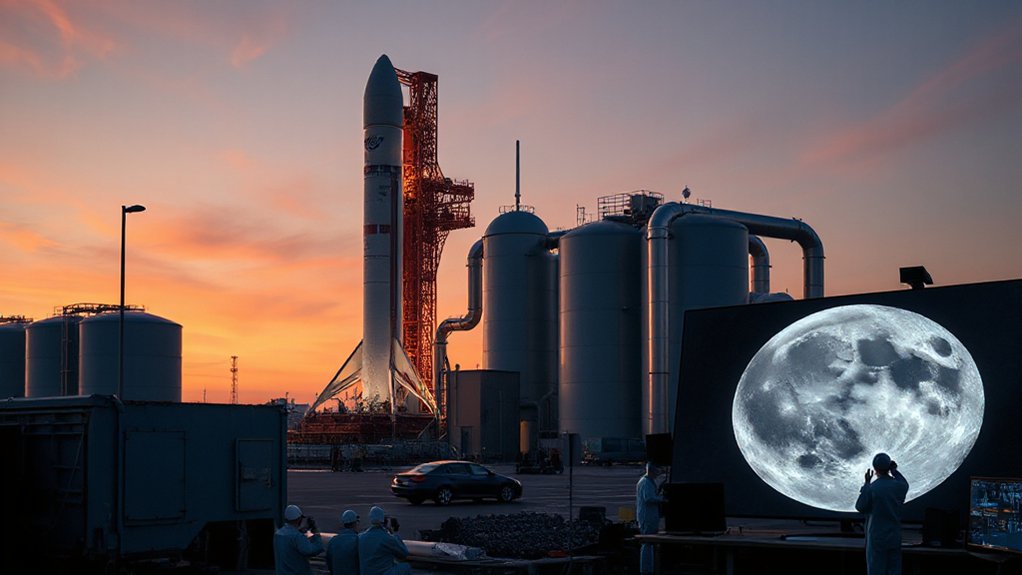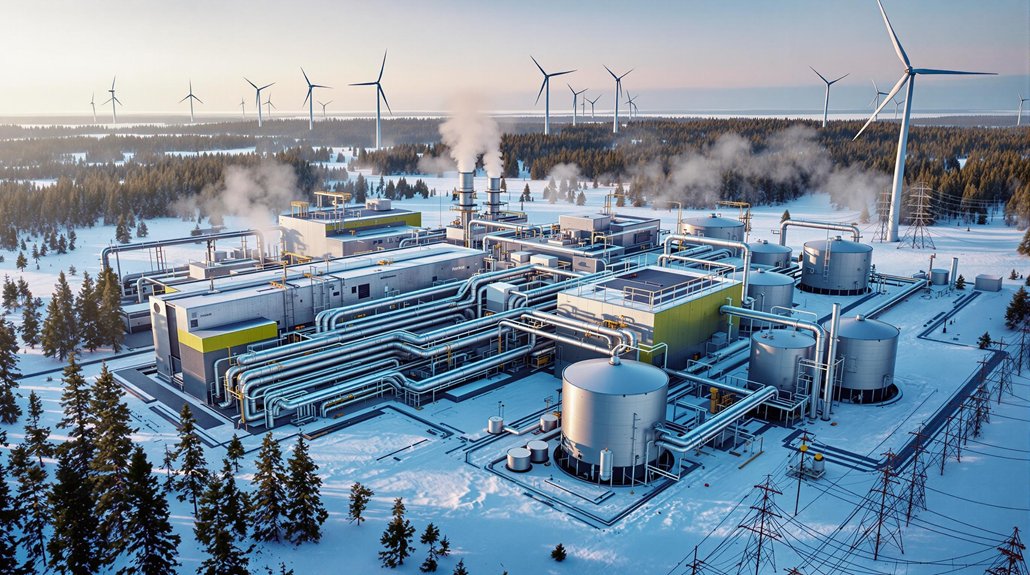America’s bipartisan energy transformation is finally happening. Seven hydrogen hubs across the country are splitting $7 billion in federal investment, with red and blue states equally enthusiastic. From fracking’s $431 billion annual savings to blue hydrogen’s climate appeal, the U.S. is shifting from energy importer to innovator. Traditional rivals like political parties, environmental groups, and fossil fuel companies are forging unexpected alliances. The path to energy independence might be hydrogen-colored after all.
While the rest of the world scrambled for energy security, America quietly engineered its own transformation. The energy transformation kicked off when someone figured out that smashing rocks with pressurized water was a fantastic way to extract oil and gas. Fracking and horizontal drilling changed everything. Americans saved a cool $431 billion annually on energy costs. Not bad for a country that used to fret about Middle Eastern oil sheiks.
The transformation wasn’t just luck. Early innovation policies paid off big time. And here’s the kicker – Americans actually own what’s under their land. Crazy concept, right? When you own the mineral rights, you’re surprisingly enthusiastic to develop them. This unique system thrust North America into the energy big leagues, giving traditional powerhouses like Russia and Saudi Arabia some unexpected competition.
Fast forward to 2025. The feds are dumping $7 billion into seven hydrogen hubs across the country. Red states, blue states – suddenly everyone’s best friends when there’s hydrogen money on the table. These hubs aim to produce “clean hydrogen” – whatever that means to whoever’s talking. Wind and solar generation have experienced astronomical growth rates since 2009, making them increasingly viable energy sources for hydrogen production. Solar capacity has now reached 220 gigawatts in the U.S., providing 7% of the nation’s electricity. Some experts are skeptical about the coordination. Others see dollar signs. Tax credits sweeten the deal, making the economics less laughable.
Blue hydrogen – that’s natural gas with carbon capture – has become the darling of both climate hawks and national security types. It’s creating strange bedfellows. The development of hydrogen engines like those from the University of Michigan and University of California collaboration aims to overcome existing cost barriers in current hydrogen technologies. Universities, corporations, and nonprofits are suddenly collaborating like old pals at a high school reunion. The U.S. was playing catch-up on hydrogen tech but is now throwing money at the problem. Classic America.
The challenges remain significant. Our energy policy has historically resembled a toddler’s finger painting – colorful but lacking coherence. Federal, state, and local governments often move in different directions. Some investments prioritize environmental warm fuzzies over economic sense.
But energy independence means fewer international headaches and more domestic jobs. That’s something even a divided America can get behind.









